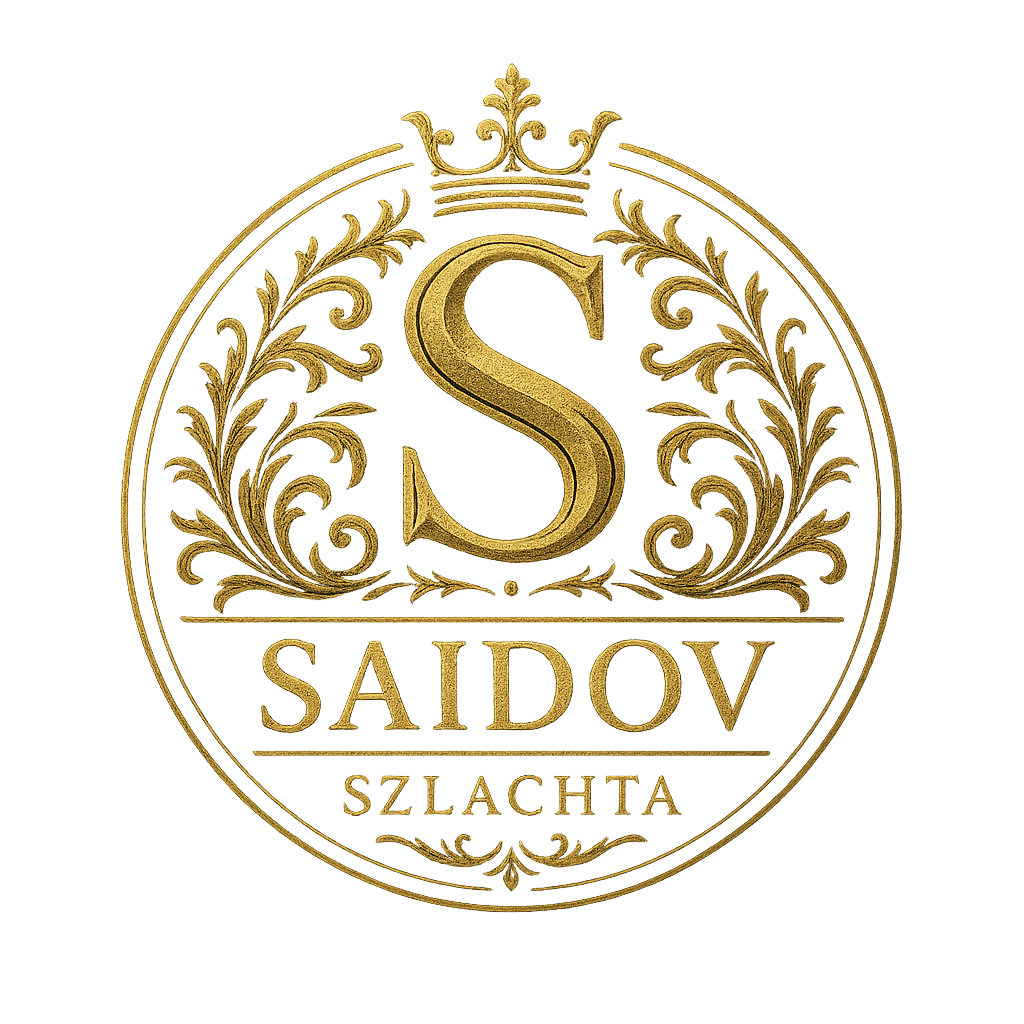Jewish Aristocracy
Lineage, memory, and an eternal calling
Our Family Story
I, Arsen Saidov, carry two ancestral threads: the legacy of my great-grandmother and grandmother—whom my father described as Jewish aristocrats — not only in their bearing, but in their very bloodline—and my grandfather’s lineage, tracing back to Moses (Moshe) of the Torah. These together form a bond between our ancestral heritage and a timeless sense of aristocracy.
Their lives were disrupted in Soviet times when they were forcibly relocated to Siberia and saw their Kraków property seized. Still, titles and goods may be taken—but integrity, faith, and courage remain. That is where true lineage endures.
“Jewish Aristocracy” in Historical Context
Szlachta and Jewish Nobility—A Complex Intersection
The szlachta were Poland-Lithuania’s noble class—a hereditary, politically powerful estate governing alongside the king, possessing unique privileges, land rights, and freedom from feudal subordination.
However, the idea of Jewish szlachta is exceptionally rare. In some exceptional cases—often through Christian conversion
or as recognition of service by the crown—Jewish-origin families were ennobled and granted coats of arms under statutes like the 3rd Lithuanian Statute (1588–1840).
Note, though, that such cases were anomalies rather than norms—and frequently involved conversion.
Historically, while Poland remained relatively tolerant to Jews by Western European standards, by the 18th century, rising hostility and tension painted a complex picture of shifting relations with the nobility and broader society.
Continued Through Poland’s History
Poland long served as a center of Jewish life, culture and relative autonomy. Medieval statutes like the Statute of Kalisz (1264) offered protections and legal autonomy unavailable elsewhere in Europe.
Jews often served as economic partners to the szlachta—acting as leaseholders (arendators) of estates, collecting taxes or managing enterprises adjacent to or on noble lands.
A Living Inheritance
True aristocracy is not in titles or land—it is in heart, devotion, and legacy. Yet it also flows in the blood, carried from generation to generation. I claim that heritage: to live with honor, protect the vulnerable, and pass on a flame of faith, courage, and kindness—so that our descendants inherit not only our stories, but the very lifeblood of our lineage.
“May our children inherit not only our names, but our courage, kindness, and faith.”
